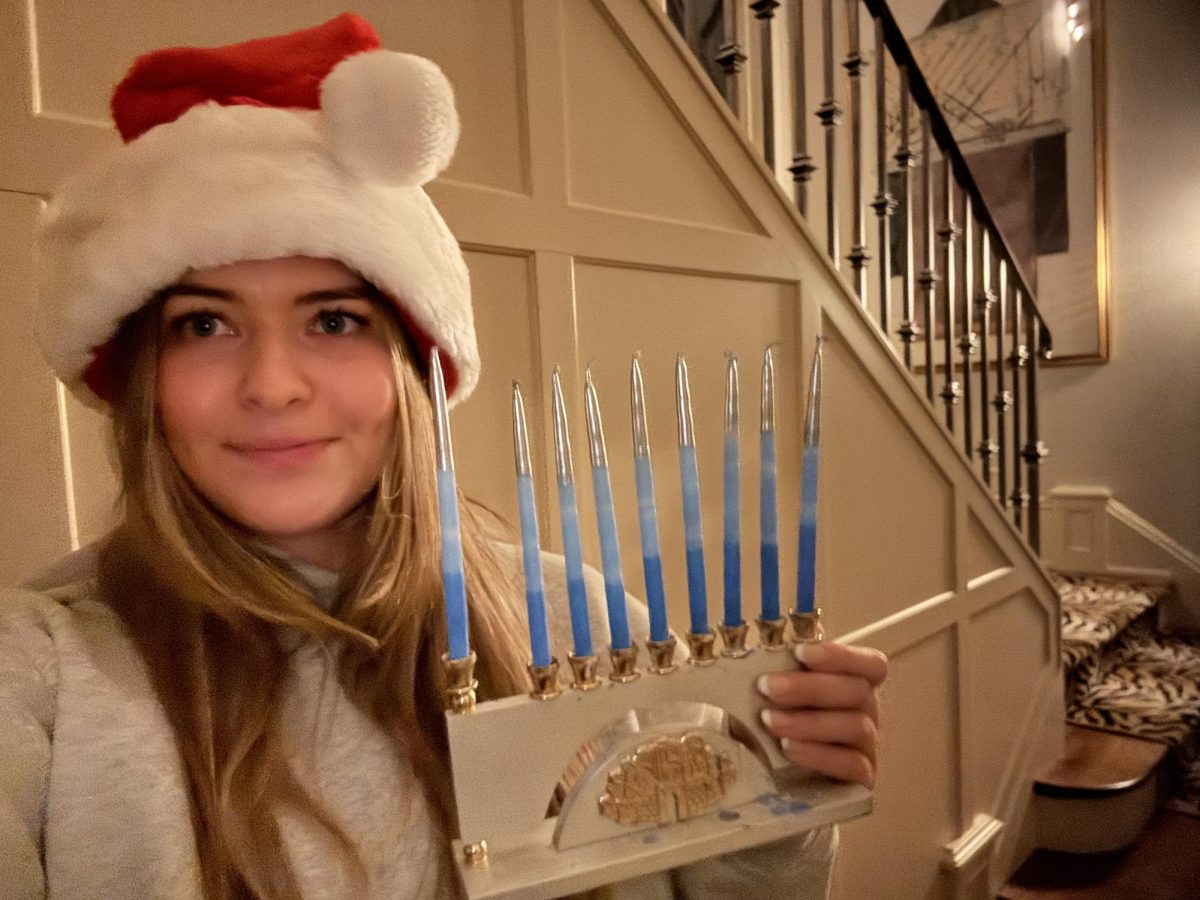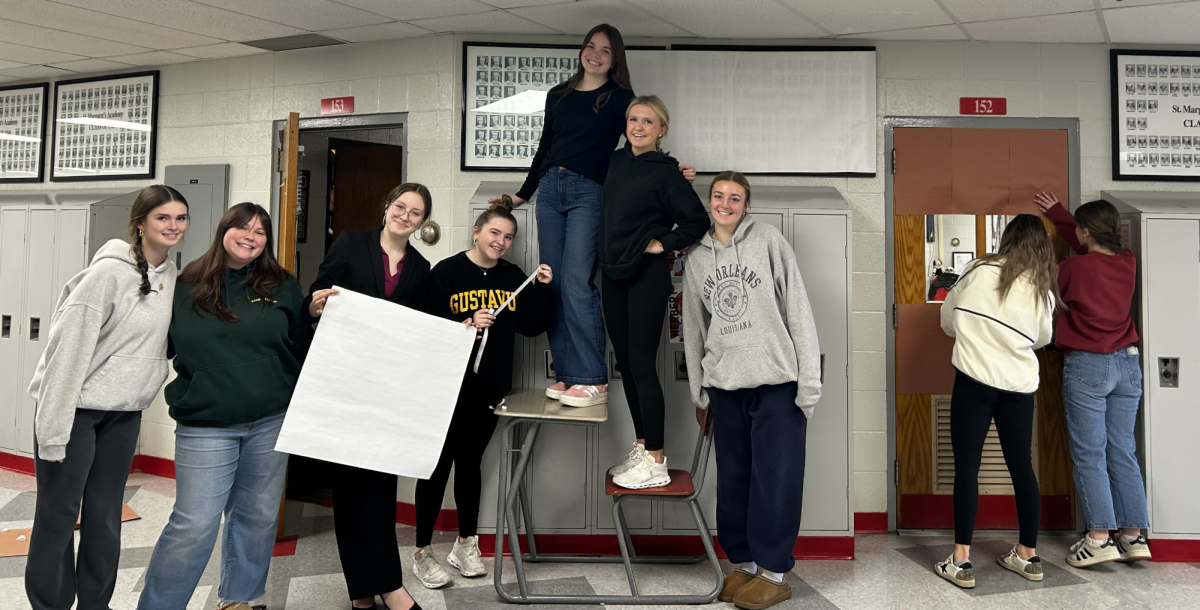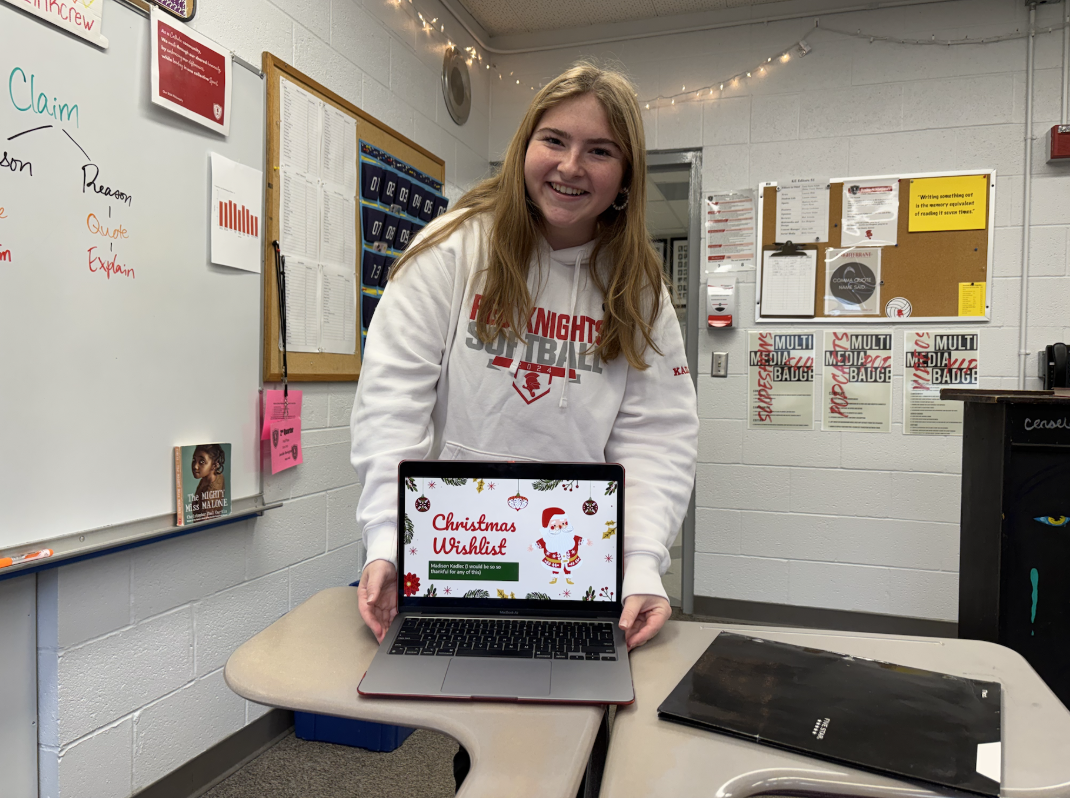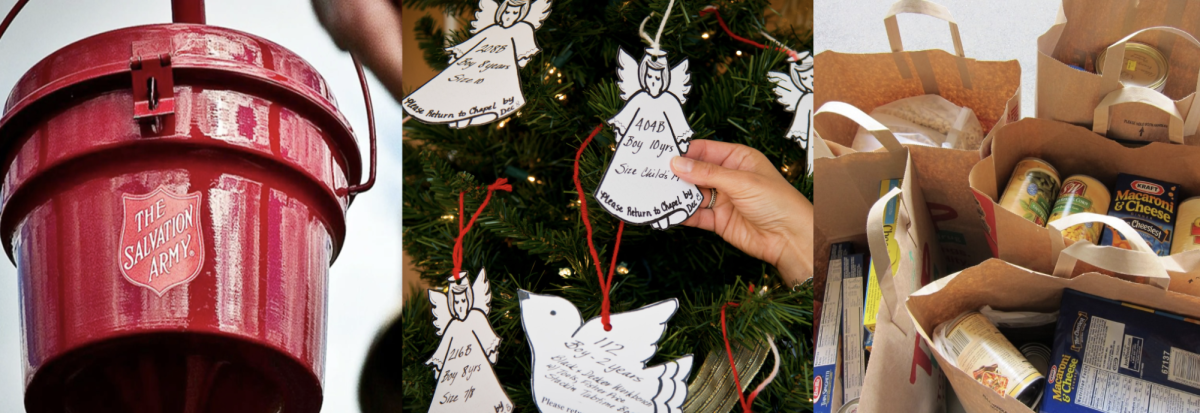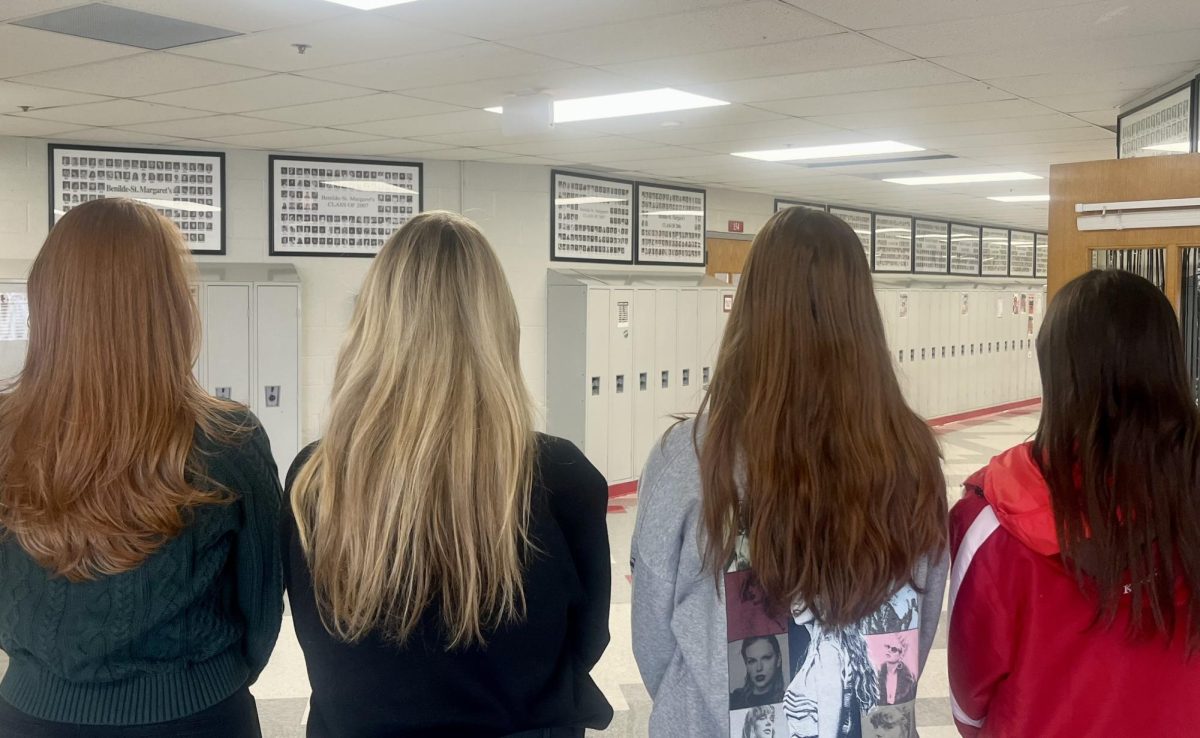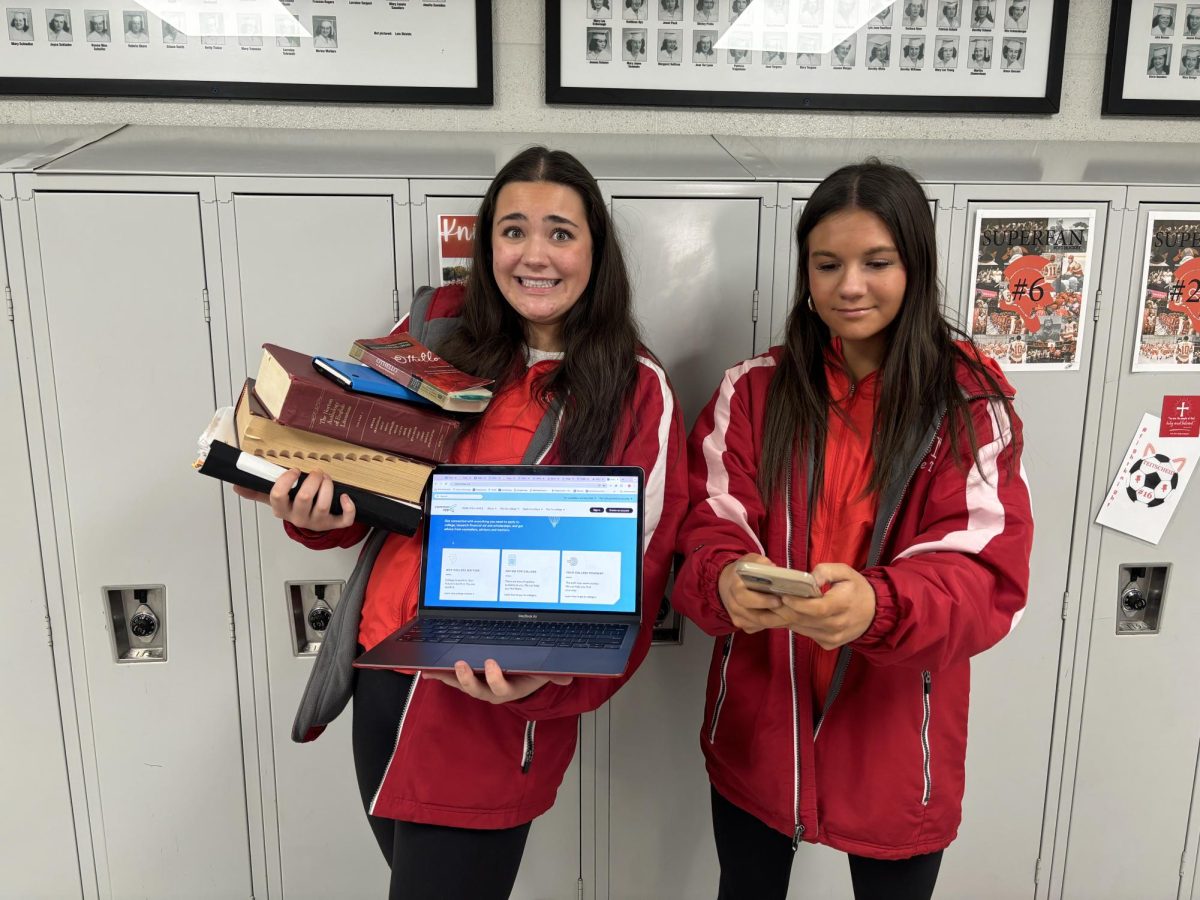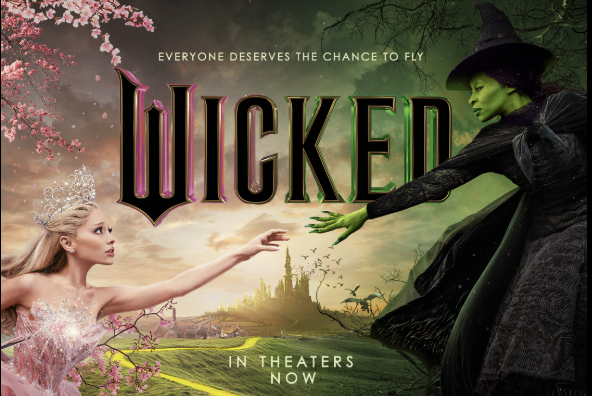Students sometimes seem to only volunteer for college resumes or awards, but senior Kelly Kosiek has taken this matter into her own hands and has made volunteering part of her weekly schedule, and has recruited juniors Elle Mohs and Natalie Guggenburger to do the same.
Special Olympics Minnesota values respect, accomplishment, choice, quality, partnership, and integrity. “It’s a really good organization that not only benefits players and athletes, but teaches you the significance of being a role model and having someone look up to you,” said Kosiek.
As a four year volunteer with the Special Olympics, Kosiek has been an event volunteer, basketball coach, and a personal care assistant.
Kosiek’s first encounter with the Special Olympics started her freshman year. “My very first event was a track and field race,” said Kosiek, “it wasn’t hard to begin, but going into an experience like that, you’re apprehensive.”
The athletes who participate in Special Olympics have cognitive delays or functional limitations in learning and in adaptive skills such as self care and work. The most common intellectual disabilities Special Olympics athletes have are mental retardation, Down syndrome, and Autism Spectrum Disorder.
The majority of the Special Olympics athletes do not have apparent disabilities. “They are normal people; they have boyfriends and girlfriends and want to go shopping just like we do,” said Kosiek.
Most of the Special Olympics athletes also participate in other activities. Special Olympics Minnesota offers sports and activities ranging from bowling and skiing to poly hockey (floor hockey played with a polyurethane puck) and bocce.
During Kosiek’s sophomore year, she became a basketball coach for a team called the “Blues.” She practices with the team every Monday night and attends tournaments with them. “The very first time with basketball I was really nervous because I had done an event before, but this was an ongoing thing,” said Kosiek.
Juniors Elle Mohs and Natalie Guggenburger also recently started volunteering with the “Blues” basketball team. “I was really scared,” said Mohs, “but they actually came up to me and were really friendly and they were treating me as if they had known me their whole life.”
A normal practice consists of dribbling and shooting drills. “A lot of it is teaching them to encourage each other and teach them to work as a team,” said Kosiek.
Special Olympics Minnesota has three basketball teams, one three-on-three team, and two five-on-five teams. “[The five-on-five teams] can just about dunk like it’s their job,” said Kosiek.
The players on the team are anywhere from being seniors in high school to 35 years old. Each team has two or three coaches, and eight to ten volunteers that come to each practice.
Kosiek spends most of her time with the five-on-five teams, whereas Mohs and Guggenburger volunteer more with the three-on-three team at practice. “Natalie and I actually play and just help them out, but other times we play the best we can and try to get them to stop us,” said Mohs.
Throughout the past year, Kosiek has also become a personal care assistant for one of the players on her basketball team, Jenny. “She’s really shy,” said Kosiek, “and gets nervous around boys.”
As a personal care assistant, Kosiek takes Jenny out to dinner every Monday before practice. “We try to hang out on weekends at least once,” said Kosiek, “she loves sports, and we go to Lifetime to shoot hoops.
“It’s really important that when working with [people that have] special needs you have a really positive attitude,” said Kosiek. During practices, athletes will sometimes get mad at each other and she has to try to calm them down.
Throughout the past four years, Kosiek has learned to be open to all people and treat them like any other person in her life. “I always think, how can someone with special needs live a normal life if people are constantly feeling bad for them.”







